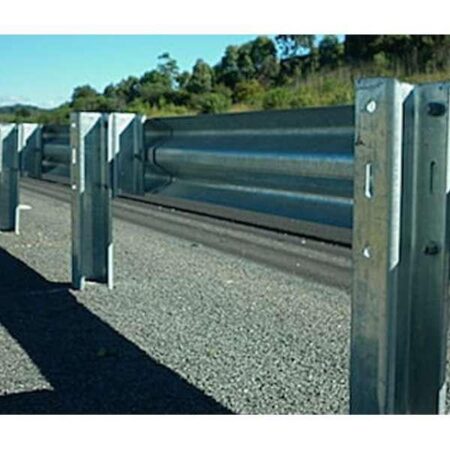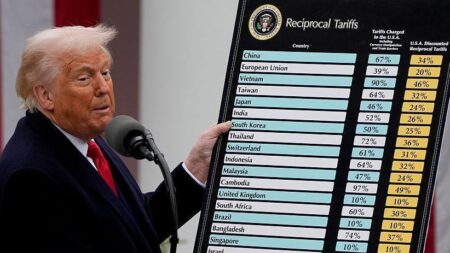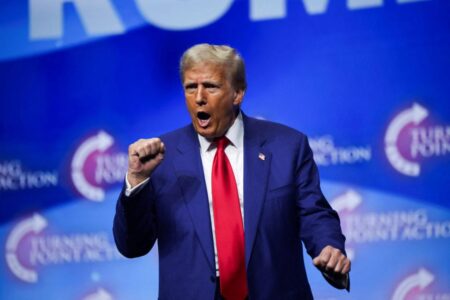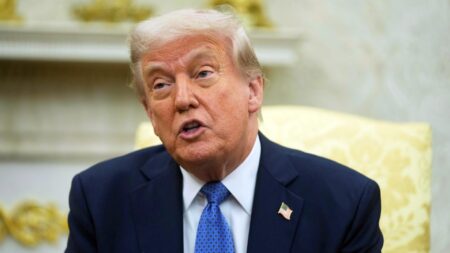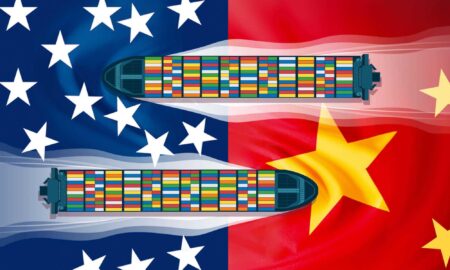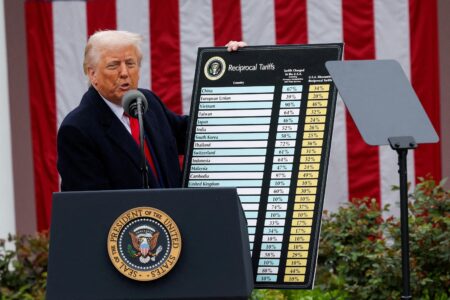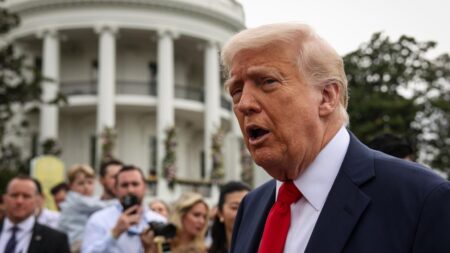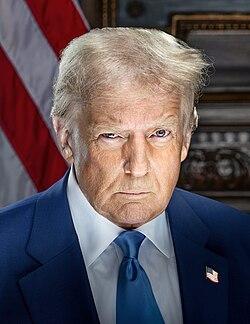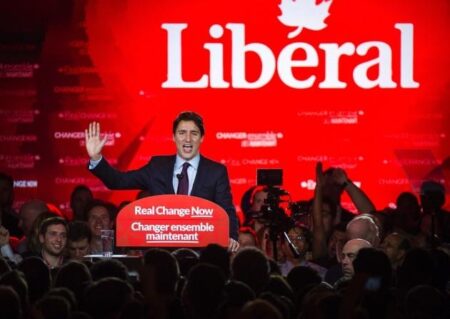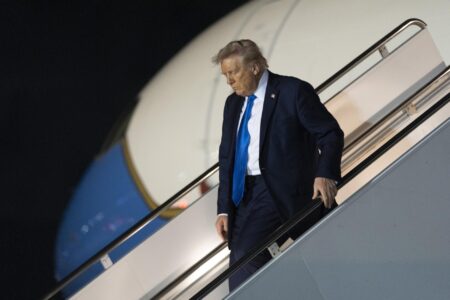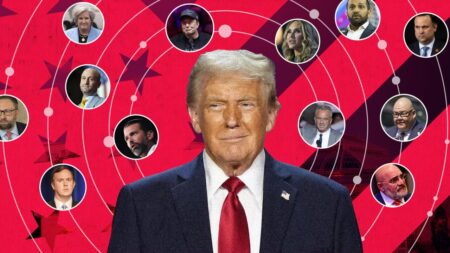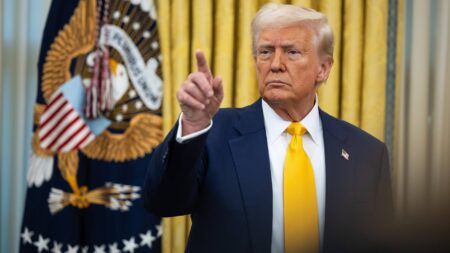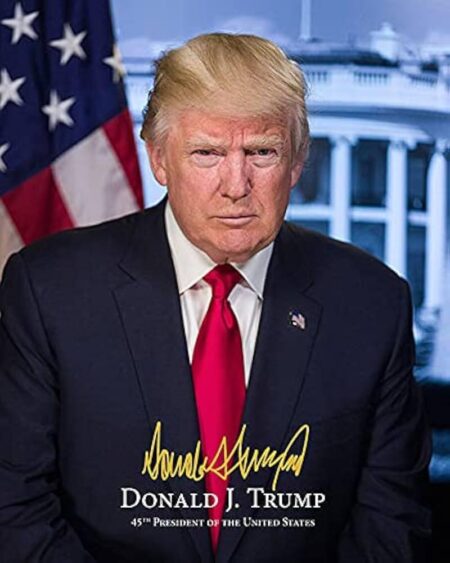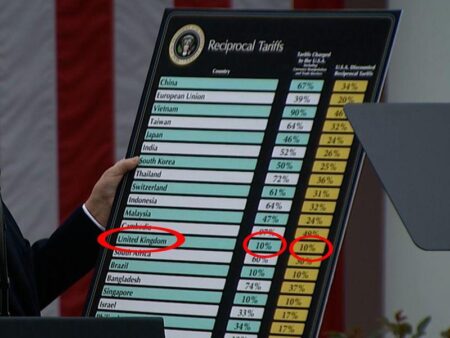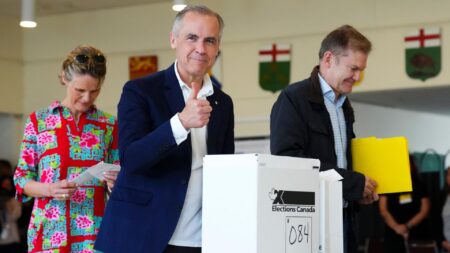Amid rising trade tensions, India faces a crucial moment to champion equity by establishing strong safeguards for its most vulnerable sectors. As Trump’s trade war transforms the landscape of global markets, it becomes imperative to craft targeted policies that create fair opportunities for everyone.
Browsing: Trump
The recent Trump tariffs deal presents a mixed bag for Australian businesses, creating hurdles for sectors such as agriculture and manufacturing. Yet, amidst these challenges, some companies are seizing the moment, seeing it as an ‘enormous’ opportunity to broaden their markets and drive innovation.
As the debate over the mental sharpness of political leaders heats up, some analysts are raising eyebrows at former President Donald Trump’s recent public speaking habits. They argue that these patterns may reveal a troubling decline in his cognitive abilities. Critics even go so far as to claim that he might now be facing more cognitive challenges than President Biden did during his time in office.
At a lively rally in Michigan, former President Trump passionately defended his first 100 days in office, even as his poll numbers took a nosedive. He highlighted crucial agenda points, focusing on revitalizing the economy and ensuring border security, all while energizing his supporters to stand by him for the challenges ahead.
China’s trade war narrative has taken a dramatic turn, placing former President Trump in the spotlight. This shift not only scrutinizes his economic policies but also raises critical questions about his approach to international relations. As tensions continue to rise, political analysts are buzzing with speculation about how this could impact the upcoming 2024 election
As shipments from China dwindle, the effects of Trump’s tariffs are still echoing throughout the U.S. economy. Experts caution that ongoing trade tensions may stifle growth, posing challenges for both businesses and consumers as inflation worries mount.
In a bold recent statement, former President Donald Trump pointed the finger at his successor, President Joe Biden, for the current economic slowdown. He passionately defended the tariffs he put in place during his administration, arguing that these measures were crafted to empower American workers in the face of persistent economic hurdles.
Former President Donald Trump launched a scathing critique of Democrats, labeling their relentless impeachment efforts as “really out of control.” His comments highlight the escalating political drama as the 2024 election looms on the horizon, with both parties ramping up their fiery rhetoric.
In a remarkable political twist, the Liberal Party of Canada has triumphed over a conservative leader whose rhetoric resonates with that of Donald Trump. This victory not only sets them apart from the challenges currently confronting American Democrats but also showcases innovative strategies that could potentially reshape U.S. political landscapes.
Jared Kushner, who was nominated by former President Donald Trump to serve as ambassador to France, has openly confessed to a “serious mistake” from his past. This candid admission sparks intriguing questions about his fitness for the diplomatic position, especially as he faces continued scrutiny over his previous actions.
Australia’s richest tycoon has thrown his weight behind a “Trump-style” governance model, highlighting its promise to invigorate business and drive economic growth. Yet, recent voter surveys reveal a striking divide in public sentiment, as many Australians lean towards more conventional leadership styles.
Argentina’s recent bailout, orchestrated with the help of the IMF, highlights the significant role that political connections play in shaping economic choices. With Trump’s allies applying pressure, the burden of compliance could weigh heavily on everyday Argentinians, sparking crucial discussions about accountability and national sovereignty.
In a remarkable political turnaround, Erin Carney triumphed in her Canadian riding, propelled by a wave of discontent with Donald Trump’s policies. Voters came together, united in their resolve to counteract the divisiveness they felt, sending a powerful message: “Trump is trying to break us.”
In a captivating recent article, The Atlantic delves into the potential repercussions of Trump’s policies, suggesting we might be on the brink of a new “China shock.” This phenomenon echoes the economic upheavals experienced in the early 2000s. Experts are sounding the alarm, indicating that these shifting trade dynamics could profoundly affect American industries and job markets.
Get ready for an exciting event! Former President Donald Trump is set to take the stage at the University of Alabama’s commencement ceremony on May 7, 2024. The festivities kick off at 10 a.m. CT, and you won’t want to miss it! Join us for the live stream of his keynote address by visiting the university’s official website.
In a surprising turn, former President Donald Trump’s economic policies have contributed to a resurgence of Japan’s yen. With strategic trade negotiations and a focus on reshoring manufacturing, the yen is experiencing renewed strength against the dollar, raising optimism in Tokyo.
Amid the rising trade tensions sparked by Trump-era tariffs, Mark Carney passionately champions a united G7 strategy to combat protectionist measures. His urgent plea for collective action highlights the critical importance of safeguarding free trade and ensuring global economic stability.
Exciting news from the world of sports and diplomacy! Houston Rockets owner Tilman Fertitta has officially been appointed as Donald Trump’s ambassador to Italy. This unique role highlights a fascinating intersection of athletics and international relations, as Fertitta leverages his extensive business acumen and connections within the Trump administration to represent the United States in one of Europe’s most vibrant countries.
In the wake of his recent election triumph in Canada, Finance Minister Mark Carney is stepping into the spotlight as a dynamic global leader, ready to take on the policies of former President Trump. With a vision for stronger international collaboration, Carney is determined to tackle urgent economic challenges head-on.
Delta Air Lines is soaring to new heights by unveiling an exciting new route for its Airbus A350 to Japan, cleverly sidestepping the Trump-era tariffs. This bold move not only underscores the airline’s strategic growth but also demonstrates its ability to navigate trade challenges with finesse, showcasing remarkable resilience in a fiercely competitive market.

